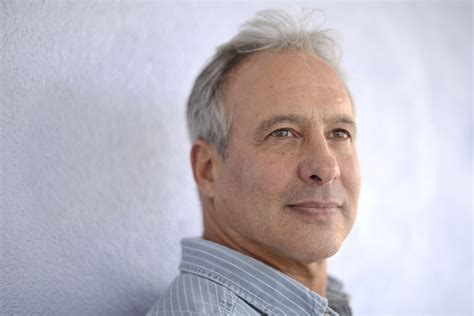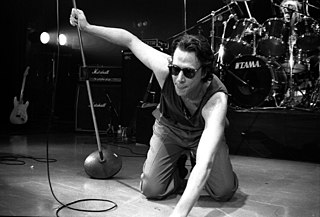A Quote by Faith Salie
Any responsible essayist or memoir writer who's writing about herself is not just saying, 'Here's what happened,' and opening up her diary. There needs to be consideration of other people's feelings.
Related Quotes
The WRITER of memoir gets incoming weirdness in very odd ways. I was recently talking to a memoir writer whose work just went meteoric - but some of the comments and communications and gestures she gets in the wake of that success are stunningly and atrociously over-personal, as if suddenly people feel like they know her and her life intimately, and have permission to transgress all her "life" boundaries.
Right now in American writing there is no genre as exciting as memoir - the writer can do anything, as long as it works. It's like the 1920s up in this joint. So, I'd say, experiment with how you tell the story. In the best memoir it's not the what, it's how the writer tells the what - meaning and effect through form.
Love your material. Nothing frightens the inner critic more than the writer who loves her work. The writer who is enamored of her material forgets all about censoring herself. She doesn't stop to wonder if her book is any good, or who will publish it, or what people will think. She writes in a trance, losing track of time, hearing only her characters in her head.
A hidden nerve is what every writer is ultimately about. It's what all writers wish to uncover when writing about themselves in this age of the personal memoir. And yet it's also the first thing every writer learns to sidestep, to disguise, as though this nerve were a deep and shameful secret that needs to be swathed in many sheaths.
There's an old adage in writing: 'Don't tell, but show.' Writing is not psychology. We do not talk 'about' feelings. Instead the writer feels and through her words awakens those feelings in the reader. The writer takes the reader's hand and guides him through the valley of sorrow and joy without ever having to mention those words.
Our earth is like a child who has grown up without parents, having no one to guide her... Some have attempted to help her but most have simply tried to use her. Humans, who have been given the task to lovingly steer the world, instead plunder her with no consideration, other than their immediate needs. And they give little thought for their own children who will inherit their lack of love. So they use her and abuse her with little consideration and then when she shudders of blows her breath. They are offended and raise their fist at God.
If a woman isn't feeling sexual with herself, she won't respond to advances from any partner, male or female. When this woman goes dancing, she's finding a connection with her own erotic self. It might be about being on a dance floor, feeling free, not having to feel at all responsible for anybody else's well-being. For other people, it might be about going on a hike for four days by herself and reconnecting with nature and strength and endurance and beauty.
I you're writing memoir, but it even comes up in fiction. People just assume that you're writing thinly veiled autobiography. And particularly, I think, for people of color, our work is always seen as kind of anthropological artifact regardless. So, there's always going to be that assumption, but even more so in a memoir because often the names aren't even changed. It is easier to verify.
As a youngster when I started writing and stuff, I did actually write more from other people's perspectives. When I hit 18 and something happened to me that hurt me, I discovered that writing the truth is really therapeutic and amazing. Every single one of my songs is about something very personal to me and I could tell anyone what it's about, each song. Like a diary, basically.
To pursue truth with such astonishing lack of consideration for other people's feelings, to rend the thin veils of civilisation so wantonly, so brutally, was to her so horrible an outrage of human decency that, without replying, dazed and blinded, she bend her head as if to let her pelt f jagged hail, the drench of dirty water, bespatter her unrebuked.

































